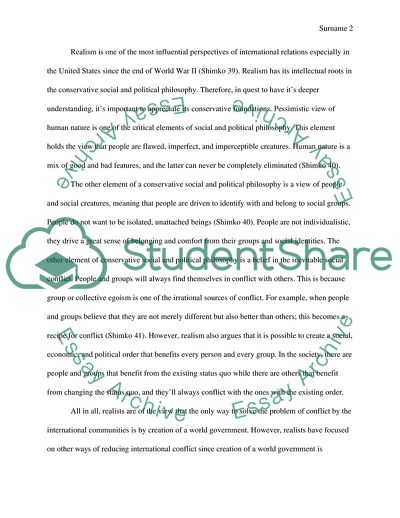Cite this document
(Realism, Liberalism, Constructivism and Marxism and their views on the Assignment, n.d.)
Realism, Liberalism, Constructivism and Marxism and their views on the Assignment. https://studentshare.org/social-science/1766078-analytical-paper-instructions
Realism, Liberalism, Constructivism and Marxism and their views on the Assignment. https://studentshare.org/social-science/1766078-analytical-paper-instructions
(Realism, Liberalism, Constructivism and Marxism and Their Views on the Assignment)
Realism, Liberalism, Constructivism and Marxism and Their Views on the Assignment. https://studentshare.org/social-science/1766078-analytical-paper-instructions.
Realism, Liberalism, Constructivism and Marxism and Their Views on the Assignment. https://studentshare.org/social-science/1766078-analytical-paper-instructions.
“Realism, Liberalism, Constructivism and Marxism and Their Views on the Assignment”. https://studentshare.org/social-science/1766078-analytical-paper-instructions.


